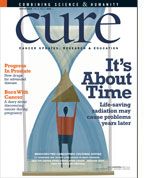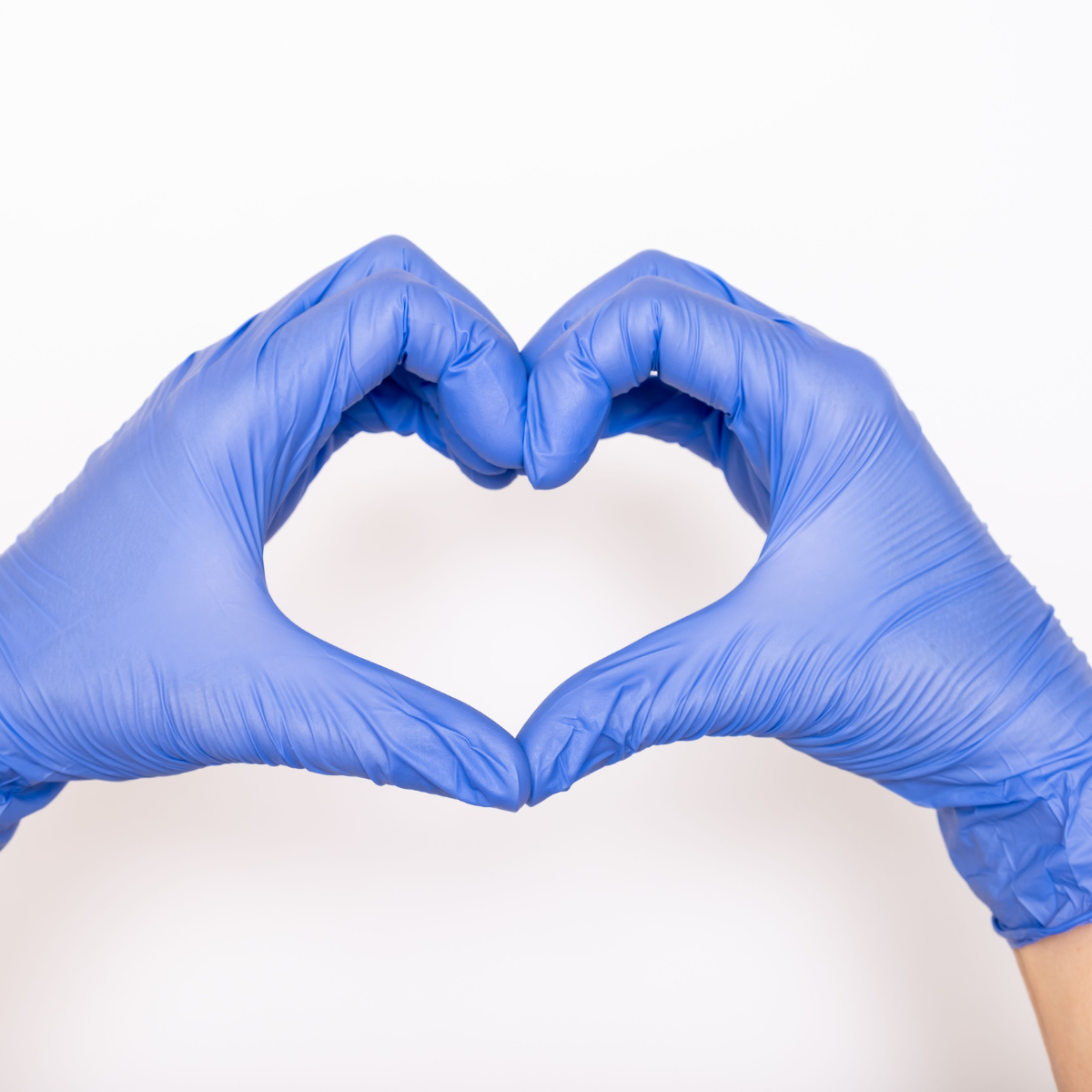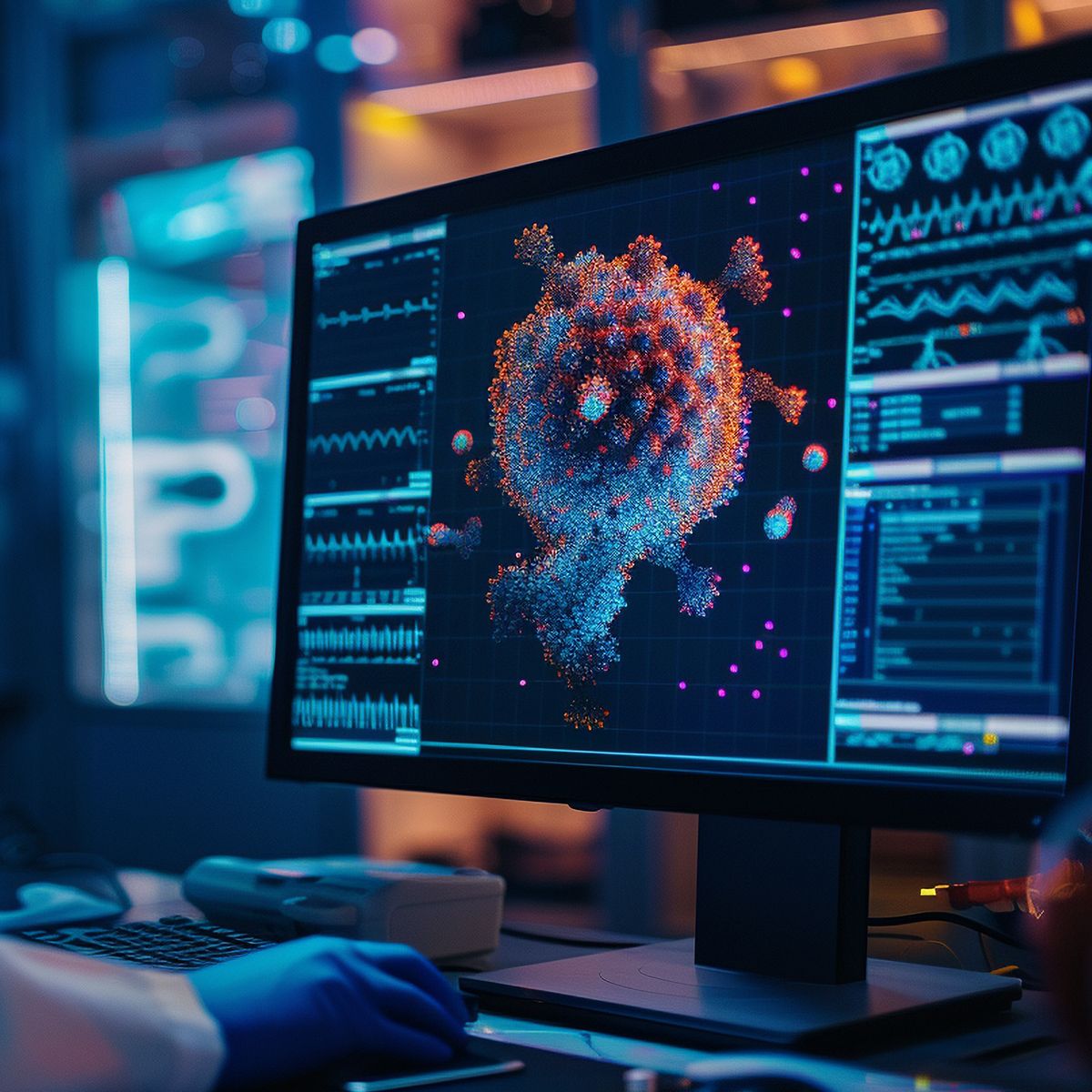Publication
Article
CURE
Riding in the Passenger Seat
Author(s):
A daughter talks about her father’s strength to live each day.
Dad worked his regular job and, on nights and weekends, repaired and painted cars to fund our Catholic school education.
In the little spare time he had, he worked to restore a 1965 Mustang for my mother—her dream car. At 16, I wrecked that Mustang.
When my dad arrived on the scene, I stood there, worried about his anger that I ruined all his months of work. I watched him walk over to the car, large pieces of torn metal protruding from its front. I watched him as he shook his head, walked back to his truck and pulled a hammer from behind the seat. He returned to the car and began hitting the jagged pieces, knocking off the bumper and grill pieces and speaking in a voice too low for me to hear what I knew were angry curses.
It wasn’t until years later that I realized he wasn’t hitting the car because he was angry at me; he was angry at the car for not stopping when I needed it to. The car that he had so painstakingly built had let him down when he trusted it with his daughter.
A few years ago, when Dad was diagnosed with cancer, I felt that same spitting anger. I wanted cancer to be something in a solid form that I, too, could beat with that hammer.
Cancer is far bigger than just a medical diagnosis. Cancer takes on a life of its own. It rides in the passenger seat of the car while you drive alone. It drags you into sadness. You cook to make yourself productive—then you don’t want to eat. It’s there in your favorite places, making your garden not as pleasant and a sunset sad instead of glorious.
I wanted cancer to be something in a solid form that I, too, could beat with that hammer.
Cancer doesn’t care that you want more time with your child. It doesn’t care that lovers who met late in life need more time to make up for lost years. It doesn’t even care that two years is not long enough for a child to live. Cancer doesn’t care that it makes you miss a semester of school, or causes you to lose your job or makes you too sick to watch your sister get married. It doesn’t even care if it takes a young bride or a new father. Cancer is a living, thriving serial killer.
Dad and I went to many doctors together. We counted down chemo sessions and shared laughs and camaraderie with others in the chemo room. As we fought his cancer, I learned things about him that I never knew. I learned that my dad, who loves flannel shirts and jeans and deer hunting, also loves Starbucks’ White Chocolate Mocha Lattes. I often used the excuse that we needed coffee—and took a few moments to myself to cry without him seeing.
In all of this, I learned that there is strength that we humans have that cancer does not. We have the strength that comes from love. This is not the kind of love illustrated on Valentine’s Day cards. This is the deep love that we bear within our souls. This is the love that helps you joke about baldness. This love gives you the ability to sound truthful when you say, “you look good today.”
It is this love that makes you want to read everything about cancer, jot down words that the doctor says and become a master of cancer statistics.
Dad and I used this love-borne strength to fight his cancer—twice. We have been lucky because, so far, we are winning. For now, cancer isn’t always with us in the car. It doesn’t follow him to hunting camp. And although we fought it with faith and modern medicine, our strongest weapon is still love. This is the strength that we use to get through. This is the strength we use to live each day for every minute that it gives us, because we never truly know how many we will have.






